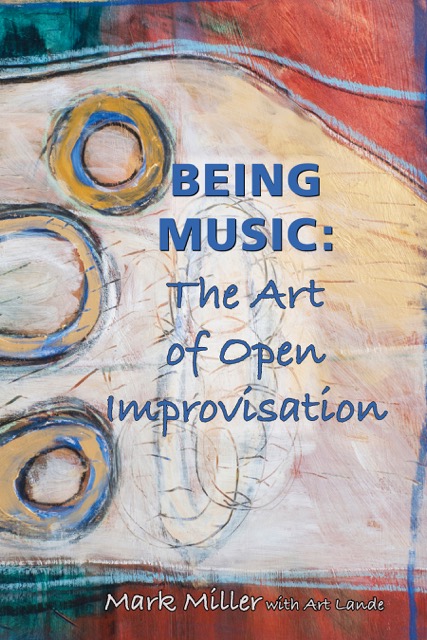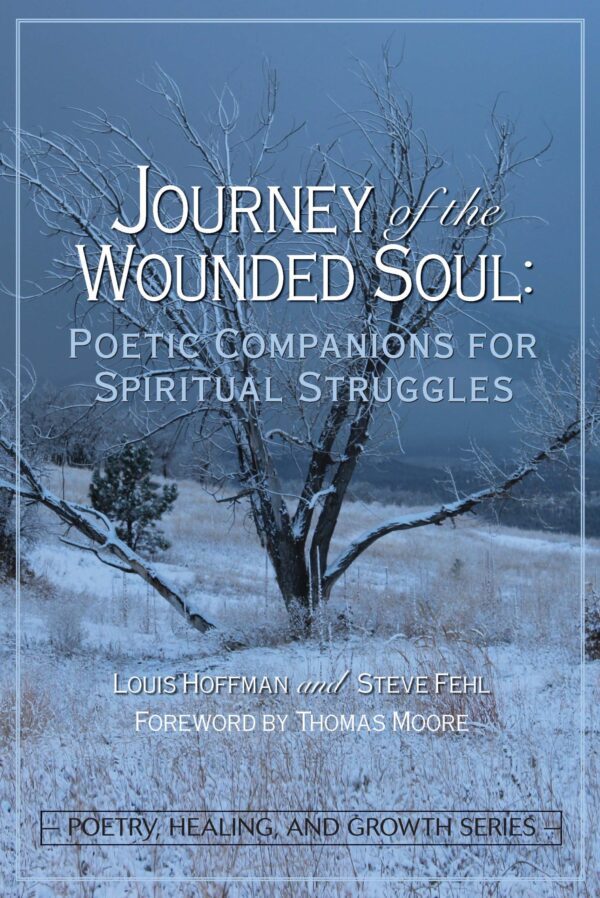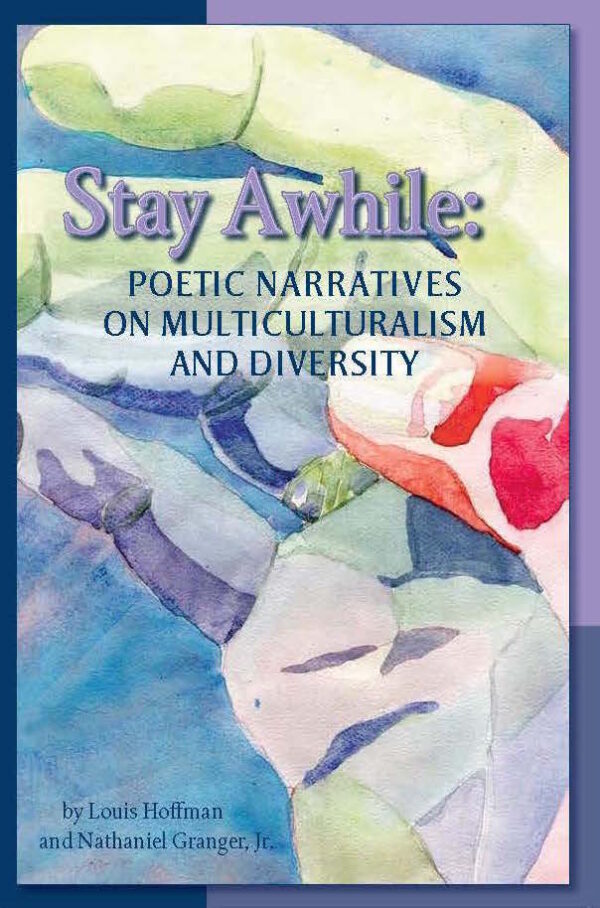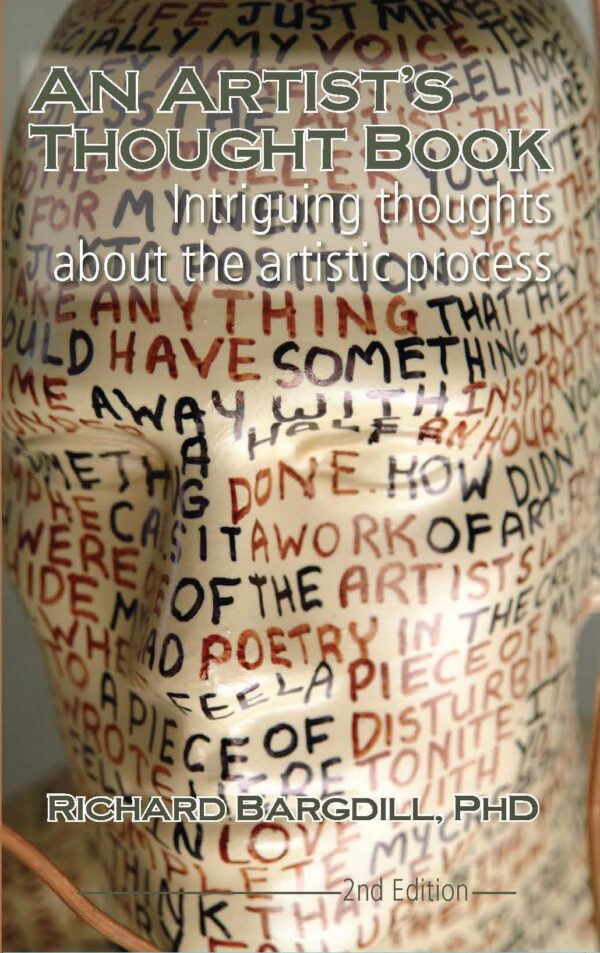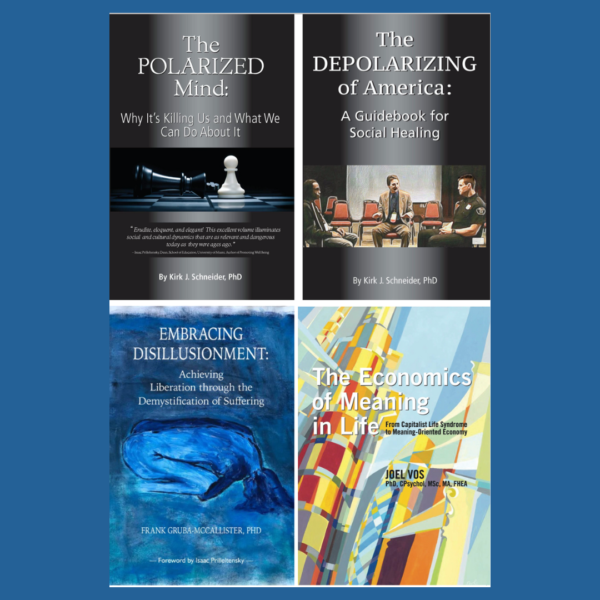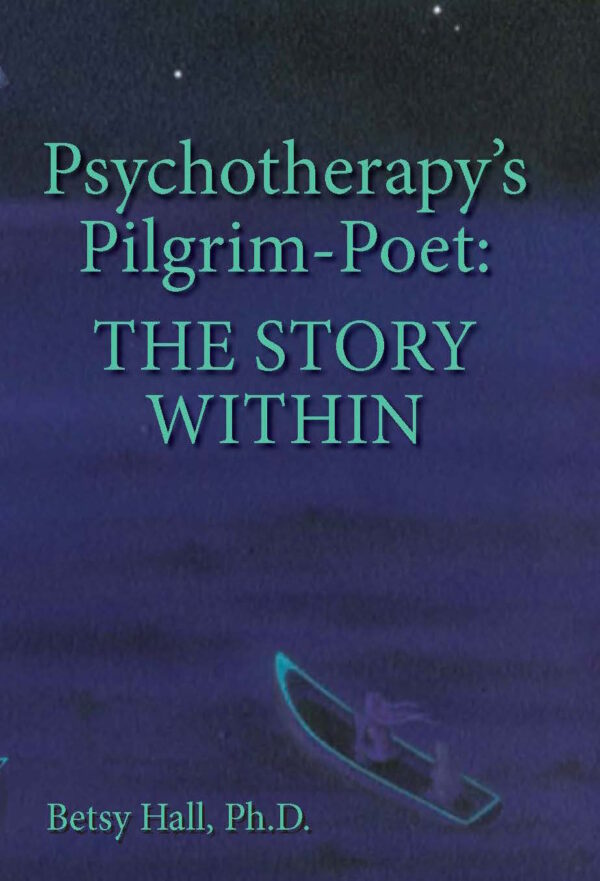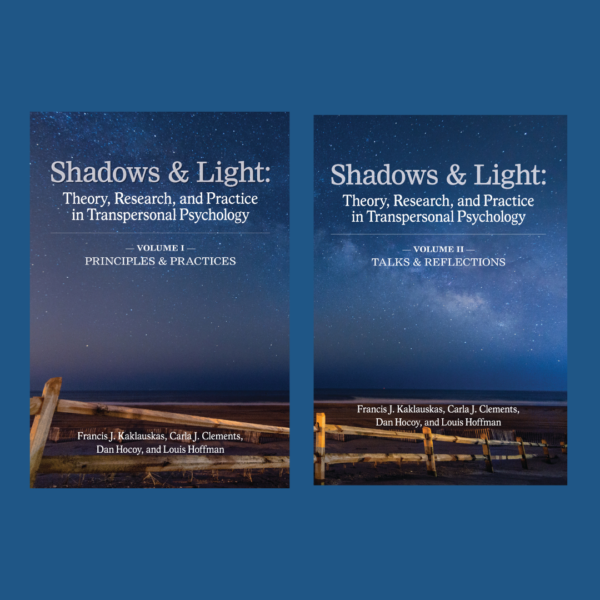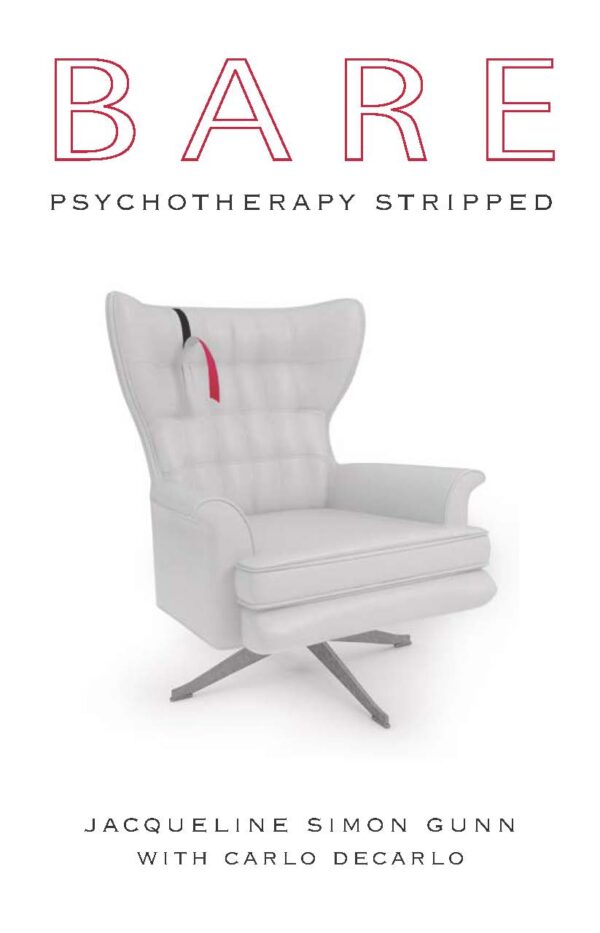Reviews
Being Music does the impossible, which is to put into words how improvisation (and the creative process) truly works. This book needs to be in the libraries of music schools all over the world.
Ralph Alessi, trumpet player and composer, ECM recording artist, and faculty, The New School, New York
Mark Miller and Art Lande have been creating music out of thin air together almost every week for forty years. This thoughtful book contains many strategies for approaching open improvisation and is full of lots of insightful gems about the art of music as a life practice. And it is a lovely chronicle of two special musical artists and their extraordinary friendship.
Fred Hersch, jazz pianist and composer, fifteen-time Grammy Award nominee, and author of Good Things Happen Slowly: A Life In and Out of Jazz
Jazz education has long needed additional resources promoting musical development and its connection to our improvisatory relationship with life and the present moment. An approach that emphasizes being there for whatever arises, not altering the music being created around you to fit personal expectations. An ideology that illustrates how the realization and acceptance of our own unique gifs is crucial to supporting and furthering the tradition and rich history of jazz and improvised music.
Being Music is a much-needed and welcomed addition to musical literature supporting these goals and will become essential reading for all those seeking to connect mindfulness and awareness in their daily lives with how they approach their improvisational and creative musical endeavors. Highly recommended.
Gary Versace, pianist/keyboardist with John Scofield, John Abercrombie, Al Foster, Regina Carter, Maria Schneider and many others
Mark Miller brings together a long track record of creative artistry, innovative pedagogy and deep contemplative practice in a lively and insightful book. While written from a trans-idiomatic standpoint, the book delineates powerful principles that are relevant to jazz (and other style-based improvisatory formats) as well stylistically open frameworks. A great complement to the many books that focus on syntax in reflecting on the interior dimensions of the creative process.
Ed Sarath, PhD, Professor of Music, University of Michigan, and author of Improvisation, Creativity and Consciousness
In Being Music, Mark Miller draws on his decades of experience as both an improvising saxophonist and a teacher–practitioner of mindfulness and meditation. The result is at once a collection of etudes for honing skills in improvisational music and a mini-treatise exploring the philosophical, aesthetic, and even ethical underpinnings of that music. It’s a smart, quirky, insightful, provocative, and—best of all—an utterly practical gem of a book.
David Ake, PhD, Chair, Department of Musicology, Frost School of Music, University of Miami, and author of Jazz Cultures; Jazz Matters: Sound, Place, and Time since Bebop; and co-editor of the collection Jazz/Not Jazz: The Music and Its Boundaries
More than just another book about improvisation, Being Music offers a fresh and compelling blueprint for how to build a creative and meaningful life in music. If you’ve ever felt stuck in a musical rut, obsessed with perfection, insecure about your playing, fearful of uncertainty, or emotionally detached in your music making, Mark Miller and Art Lande are just the teachers to help! Their book is full of musical wisdom, practical insights, creative exercises, and loving encouragement.
Dr. Alex Heitlinger, Professor of Music and Director of Jazz Studies, Collin College
Even the most seasoned improvisers need this book. We all want reminders when it comes to the most essential matters in making music because it’s so easy to get distracted by other things, like navigating the economics of the music business. These reminders are like a sip of fresh water or breathing good air, and this book is full of them! Being Music will also be a great resource for teachers. Most books on improvisation focus on music theory, but there aren’t a lot of books out there that deal with thinking compositionally and that address important topics like roles and relationships in an ensemble, offering tenderness and generosity toward ourselves without an idealized version of the way things are supposed to go in performance.
Rory Cowal, pianist and featured artist: “Best Piano Tracks of 2018,” The New York Times
I had the privilege of engaging in the practice of “being music” with Mark Miller and Art Lande weekly for many years. Their broad knowledge and experience as musicians, their mastery of the craft of free improvisation, and their openness and generosity as human beings make them perfectly suited to teach other inquisitive souls about this deeply spiritual art form. This book is a gem.
Clare Church, a saxophonist, drummer and educator, has performed with the Joe Henderson Big Band, San Francisco Symphony, Colorado Symphony, Dizzy Gillespie, Benny Carter, Mel Torme, Nancy Wilson, George Shearing, Natalie Cole, and many other jazz and pop artists.
The authors do a fantastic job of describing, in an easy-to-read style, a topic that can be pretty inexplicable. We love how personal it feels, and at the same time how the book manages to give so many great examples of how to hone improvisation skills. We love the “focus on curiosity, not competence,” and the de-emphasis on being clever, good, and correct. Best of all, we love the richness of the conversation between these two musicians, so deep after 45 years of working and playing together.
Bonnie Hall, music student
Mark’s book provides a profound rescue from the dogmatic traps that formal jazz school often sets for students. He describes an organic approach to improvising that avoids the pitfalls of ego and perfectionism and gets right to the root of what makes improvisation magical. The text skillfully describes how free improvisation can deepen our connection to one another and our relationship to creativity, while shining light on some of the obstacles that keep us from reaching our full ease and potential as music makers. If I could get all of my students to open their minds to the possibilities in improvisation that Mark shows us here, then we’d really be getting somewhere.
Kate Olson, Seattle-based saxophonist, improviser, and educator
The name of this book could easily shorten to its essence—Being. How to be, what it’s like when we jump into being in the present moment. Just being with what is occurring, or rather, just being. This is not a static state but dynamically fluid, constantly changing. And there is no solitary, isolated being, but rather what Vietnamese Zen master Thich Nhat Hanh calls “interbeing,” the lively dance—responding and expressing—to the world around us and to others who are also dancing in our space. (From the Afterword to Being Music).
Judith Simmer-Brown, PhD, Distinguished Professor of Contemplative and Religious Studies at Naropa University, Boulder, Colorado
